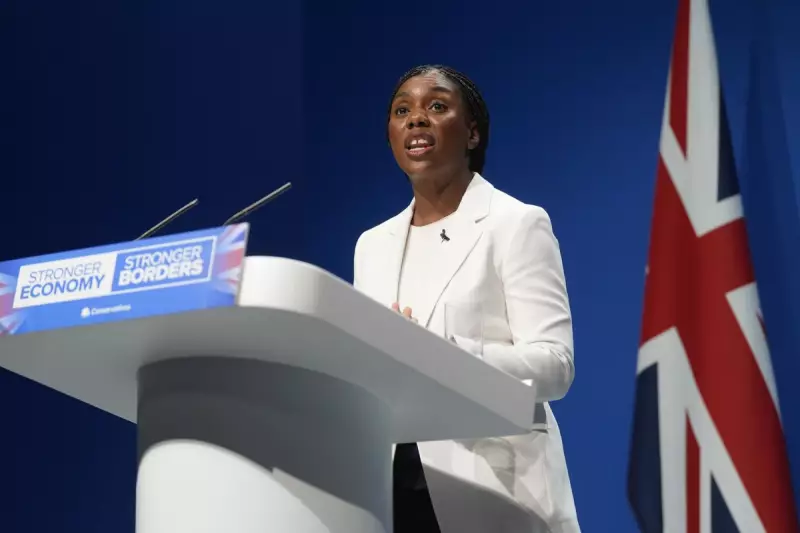
In a striking intervention that's set to redefine economic debate within the Conservative Party, Business Secretary Kemi Badenoch has thrown down the gauntlet, advocating for substantial tax cuts as the cornerstone of Britain's economic revival strategy.
The Economic Vision Taking Westminster by Storm
Badenoch's bold proposition positions tax reduction not merely as political rhetoric but as an essential catalyst for business investment and economic expansion. Her arguments challenge the prevailing Treasury orthodoxy that has dominated fiscal policy discussions, suggesting that lower taxes could unlock Britain's latent economic potential.
Timing and Political Implications
The intervention comes at a critical juncture for the Conservative Party, with the next general election looming on the horizon. Badenoch's stance places her at the forefront of economic policy debates, potentially shaping the party's manifesto and electoral strategy.
Key aspects of Badenoch's tax cut agenda include:
- Stimulating business investment through reduced corporate tax burdens
- Boosting consumer spending power through personal tax reductions
- Creating a more competitive tax environment to attract international investment
- Addressing concerns about economic stagnation and productivity gaps
The Treasury Counter-Argument
While Badenoch's proposals have energised tax cut advocates, Treasury officials maintain caution, highlighting potential risks to public finances and essential services. The debate reflects deeper tensions within government about the optimal path to economic recovery and sustainable growth.
The Business Secretary's intervention signals a significant shift in economic thinking within senior government ranks, potentially heralding a new approach to fiscal policy as the country navigates post-pandemic recovery and global economic uncertainties.





